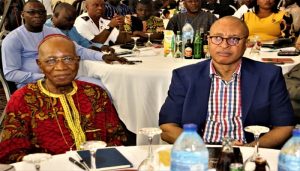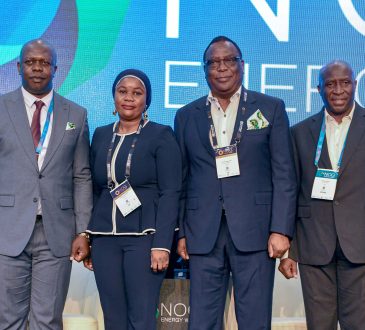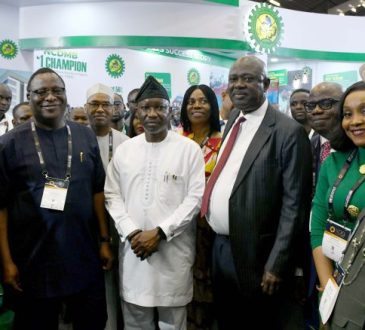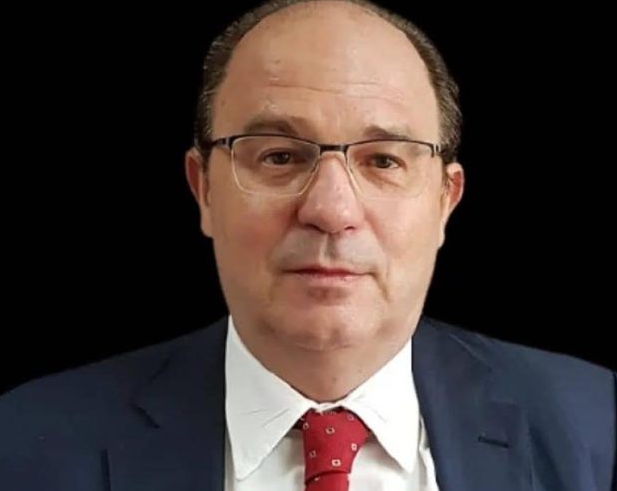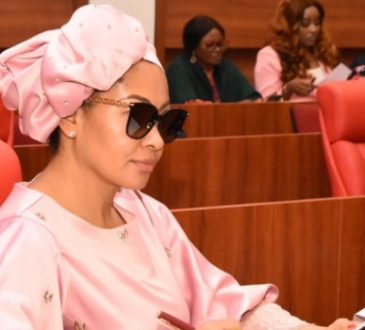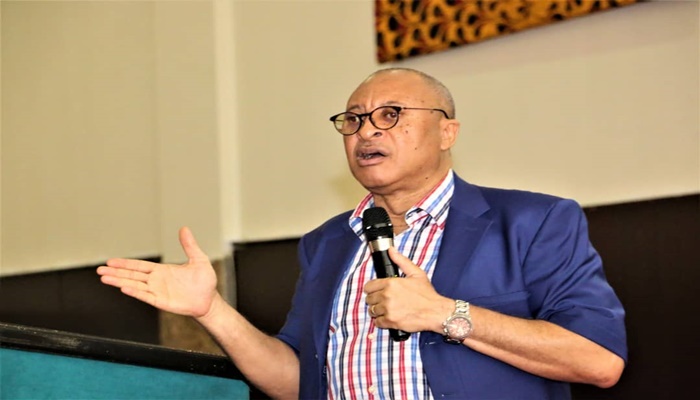
– Lauds Udom Emmanuel for investing in agriculture
Nigeria will continue to wallow in poverty, insecurity and massive unemployment unless the government is serious about divesting itself from a consuming nation to a productive one. The declaration was made at the weekend by a political economist and Chief Executive of Officer of Centre for Value and Leadership, Professor Pat Utomi, in Uyo, Akwa Ibom State.
He was guest speaker at the Podium, a socio-political platform for discourse on national issues of importance organized by the Akwa Ibom Christian Assembly (ACA) and the Spiritual Fathers of Faith Forum, a platform rallying pastors and church leaders for participation in the political process and advocacy for good governance and the institution of righteous and transparent governance.
Speaking on the theme, ‘When Silence is Not Golden’, the political economist and former presidential candidate revealed that why Nigeria has remained poor despite her huge natural resources coupled with oil wealth is that the political class has showed excessive commitment to the sharing of the nation’s revenue than in production of wealth, adding that any nation that doesn’t produce wealth but share wealth cannot progress, and that this was the major problem Nigeria has faced in decades which successive governments have not been able to tackled and solved.
His words: “The point of focus in our nation should be production and not revenue sharing. Unfortunately, in Nigeria because of the oil, our political class has this mind of sharing; what is our share of the fat account on oil earning? But revenue doesn’t create wealth in a sustainable way. A typical example is the north that has more and more revenue than any other parts of the country through the many local governments which they have had opportunity to create, but the more they get the revenue, the more they become poorer and poorer.”
Continuing, he stressed that revenue sharing doesn’t make any nation rich. “This is the point; it is not revenue that makes you rich, it is production and its the output. The revenue sharing is described as the lottery effect. A poor man who has won lottery when you see him ten years later, he becomes poorer than he was before he won the lottery. But when you invest in production you will have sustainable wealth.”
Going down memory lane, Utomi cited example of Spain, a country which once was so rich in gold, but because it did not invest for the future, it has become today the poorest nation in Europe. “Historically you can go back to the country like Spain they had gold and they had the same mentality like Nigeria, was consuming and was not investing in the future. And today Spain is one of the poorest nations in Europe, but it used to be one of the wealthiest in the time of plunder. This is what is happening in Nigeria.”
To solve the myriads of problems besting the country today, he asked rhetorically: “So how do make our generation have a future? We must invest in education and human capacity development.”
In an interview with this reporter, Utomi lauded the administration of Udom Emmanuel for divesting into agriculture for sustainability of his investment efforts for the state, He, however, encouraged Akwa Ibom State government not to stop in creating investment platform for investors to plow in their resources, but must invest in education and the agricultural value chain.
He said: “This administration must continue to invest in agriculture and the agriculture value chain because the land of Akwa Ibom is so fertile and agriculture is not just about growing some crops but leveraging the value chain in it. This administration must look at what is the value chain that can comes from agriculture. This is why entrepreneurial education to have the capacity to deal in agriculture and the value chain becomes very important. Look at the oil palm value chain, Malaysians have hundreds of oil palm value chain. So what are those points that you can add value in the agriculture? You must educate the people on this.”
Admonishing the audience on the necessity of moral rectitude, Utomi observed that the church can deploy her enormous power to influence the society by calling everyone to moral order. He said Nigeria was drifting into chaos as insecurity as taken a foothold on the nation. To arrest the situation from further sliding, he charged pastors to work harder to create a moral order such that Christians all over can reflect the true character of Christ-likenesses necessary to build a strong society.
His words: “Man is a social being. The problem we have is that we think so much of ourselves that we forget the moral order. Jesus dealt extensively on this in the Beatitudes, for our society to do well; we must recognize that we all need a moral order. To have a society where there is a moral order, we need to cooperate with one another. Moral order flows from God. For many years, many believe that God didn’t exist, but science has proved that God. There is need to cooperate with others so that we can have the best from others. Society is concerned about how human beings live, we do this by cooperating with one another.”
“We need people to help us organize so that we can overcome problems. We need people who can provide leadership, and leadership is about our common interest advance so that the common good of all can be advanced. How many of us can say that the politics of our country, the politics of our state has advanced the common good of all? What we see is that politicians advance their own self-interest. Politics is about denying others interest so that the common interest of all may be advanced. This quest is how the church can do something that can advance the interest of the common good of all. Does the church have a right to do something to ensure that there is a strong moral order? That is the duty of the church. But the church also needs to apply wisdom. Why does the church need to apply wisdom? This is because what is good per season may not be good for all seasons,” he stated.
Admonishing further, he said for leadership to advance the common good of all, leaders must have knowledge and a sense of service. According to him, leaders who lack knowledge cannot lead well and that letting ignorant leaders lead has been the bane of the society.
He stated: “Check out most of the people who call themselves leaders, they are not knowledgeable about what they are doing. If you don’t know, you cannot lead. The next is the sense of service. If people don’t believe that you have their interest at heart they will not follow you.”
Earlier, the chairman of the forum, prelate emeritus, Dr. Sunday Mbang, enjoined the pastors to lead a lifestyle that reflect the gospel, while the president of Akwa Ibom Christian Assembly, Archbishop Cletus Bassey charged pastors not to sit any longer on the fence, but get involved in the political process and movement for good and accountable governance.



